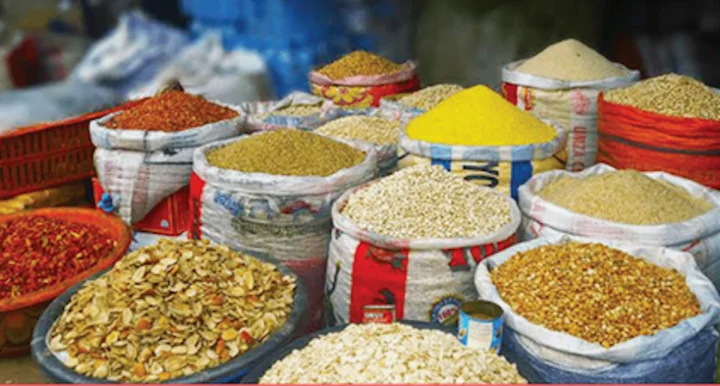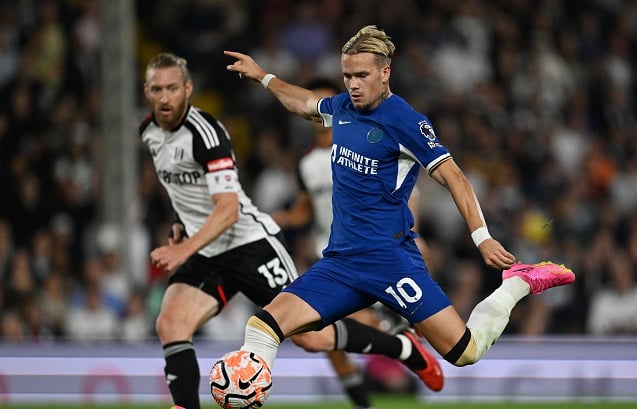The World Health Organisation (WHO) says it approved R21/Matrix-M, a malaria vaccine, developed by scientists at Oxford University, for the prevention of the disease in children.
In a statement on Monday, WHO said the recommendation follows advice from its strategic advisory group of experts on immunisation (SAGE) and the malaria policy advisory group (MPAG), after the regular biannual meeting held in September.
“Demand for malaria vaccines is unprecedented; however, the available supply of RTS,S is limited. The addition of R21 to the list of WHO-recommended malaria vaccines is expected to result in sufficient vaccine supply to benefit all children living in areas where malaria is a public health risk,” the statement reads.
The R21 vaccine is the second malaria vaccine recommended by WHO, the first being the RTS,S/AS01, which received a WHO recommendation in 2021.
Advertisement
According to WHO, based on ongoing clinical trials and other studies, the R21 malaria vaccine has shown high efficacy.
The organisation said the efficacy was recorded when given just before the high transmission season and “good efficacy when given in an age-based schedule, high impact, cost-effectiveness, and safety”.
“In areas with highly seasonal malaria transmission (where malaria transmission is largely limited to 4 or 5 months per year), the R21 vaccine was shown to reduce symptomatic cases of malaria by 75% during the 12 months following a 3-dose series,” the WHO said.
Advertisement
“A fourth dose given a year after the third maintained efficacy. This high efficacy is similar to the efficacy demonstrated when RTS,S is given seasonally.
“The vaccine showed good efficacy (66%) during the 12 months following the first 3 doses. A fourth dose a year after the third maintained efficacy.
“Mathematical modelling estimates indicate the public health impact of the R21 vaccine is expected to be high in a wide range of malaria transmission settings, including low transmission settings.
“At prices of US$ 2 – US$ 4 per dose, the cost-effectiveness of the R21 vaccine would be comparable with other recommended malaria interventions and other childhood vaccines.
Advertisement
“The R21 vaccine was shown to be safe in clinical trials. As with other new vaccines, safety monitoring will continue.”
The organisation noted that the R21 and RTS,S malaria vaccines have not been tested in a head-to-head trial adding that “there is no evidence to date showing one vaccine performs better than the other”.
“The choice of product to be used in a country should be based on programmatic characteristics, vaccine supply, and vaccine affordability,” the WHO added.
“At least 28 countries in Africa plan to introduce a WHO-recommended malaria vaccine as part of their national immunization programmes.
Advertisement
“Gavi, the Vaccine Alliance has approved providing technical and financial support to roll out malaria vaccines to 18 countries.
“The RTS,S vaccine will be rolled out in some African countries in early 2024, and the R21 malaria vaccine is expected to become available to countries mid-2024.”
Advertisement
In April, the federal government granted provisional approval for the R21 malaria vaccine, days after Ghana became the first country to approve the vaccine.
Advertisement
Add a comment






